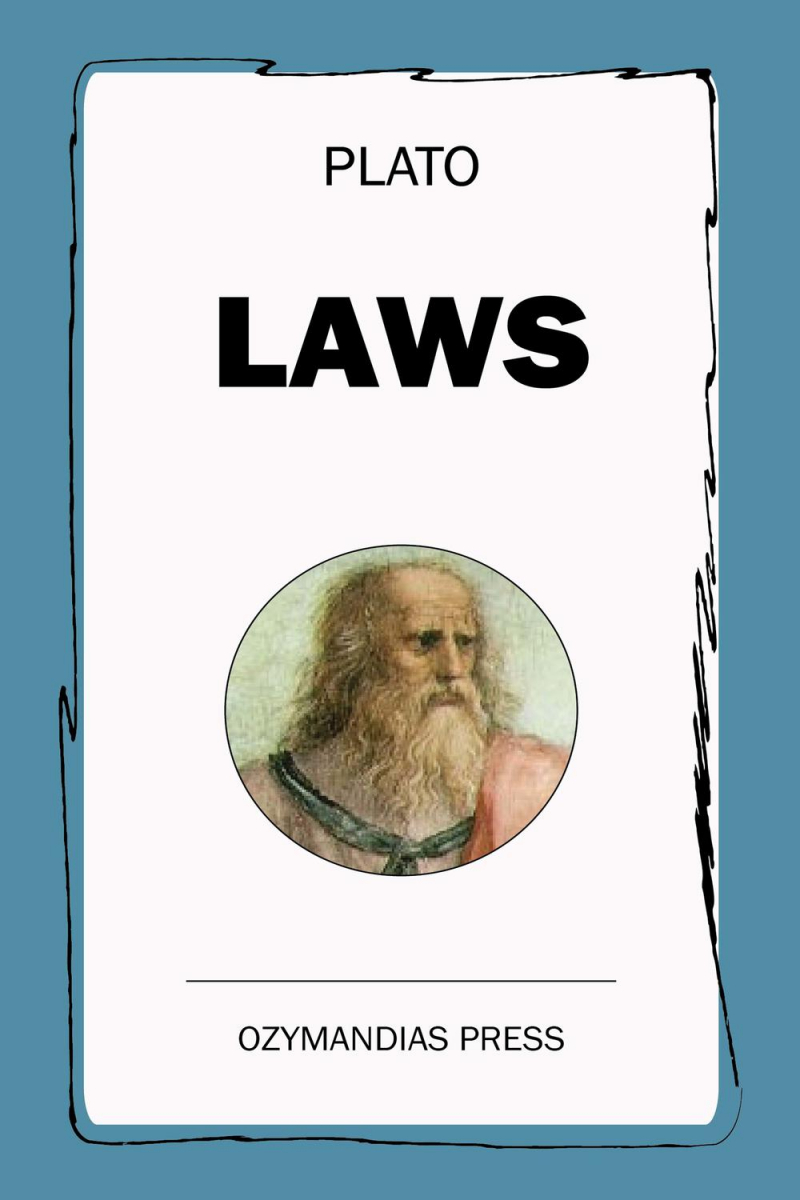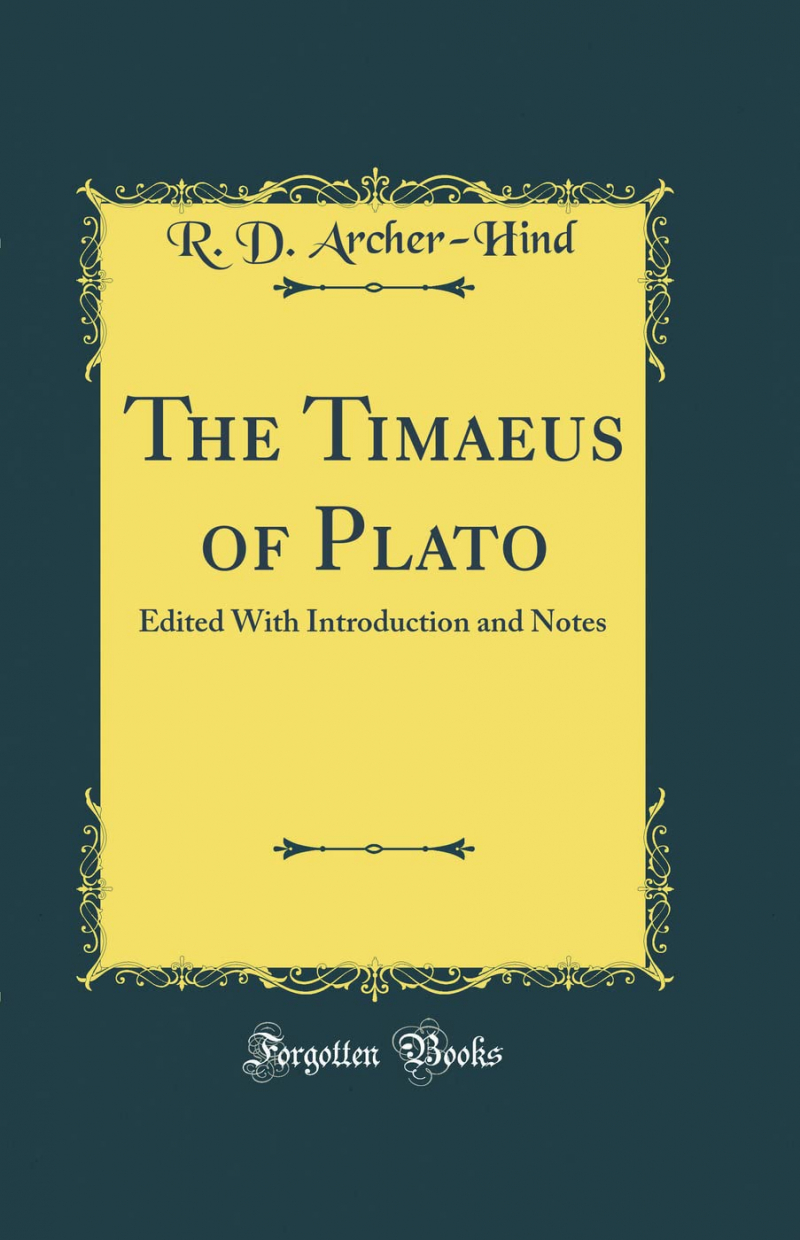Laws and Timaeus

The philosopher returns to the topic of society in Laws, his final opus. Unlike the Republic, Laws focused more on designing a workable, though flawed, structure of governance than they did on establishing the ideal state.
Laws' characters fret over the experimental nuances of statecraft and create norms to address the plethora of potential outcomes that may result from "the current actuality" of human issues. Laws, a massive and complex treatise that spans 345 Stephanus pages, was still unfinished when Plato passed away. Diogenes Laertius, a biographer, describes how it was started but left unfinished and written on wax tablets.
Timaeus by Plato is renowned for describing how the demiurge created the cosmos. In contrast to the creation myths of the Middle Ages, Plato's demiurge produces the cosmos from timeless forms-like fundamental matter rather than from nothing. Plato claims that the four elements of fire, air, water, and earth come together to form the "body of the cosmos." The Timaeus is Plato's book that most directly addresses the subjects we consider to be fundamental sciences, such as physics, chemistry, and biology.













